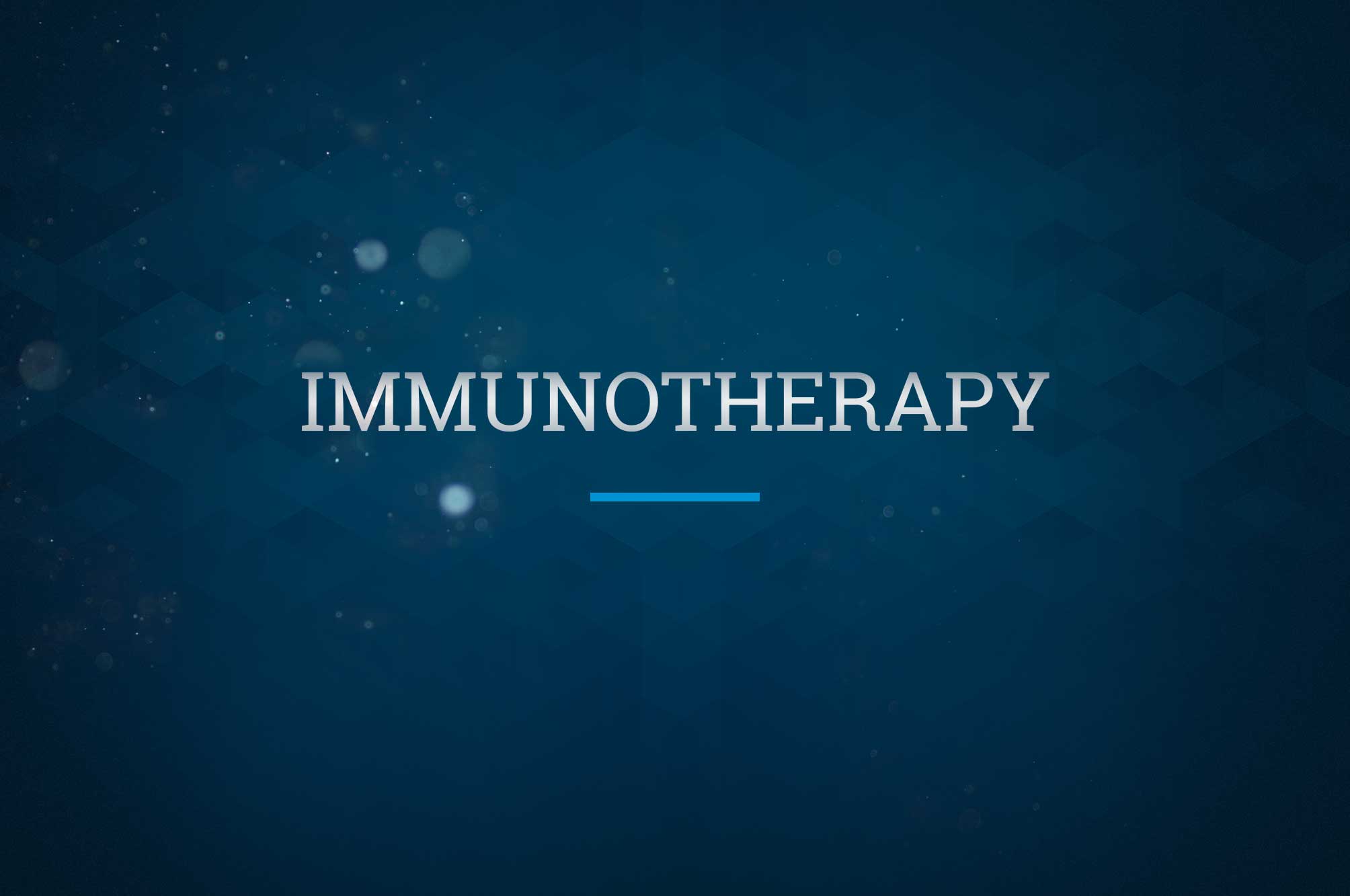The original idea is simple and ingenious: Use the body’s own defense mechanisms in the fight against cancer.
With this idea in mind, scientists started developing therapy options several decades ago in order to activate the immune system as the strongest component in the fight against cancer. Here great progress has been made in the last few years. Today we can say that immuno-oncological therapies have revolutionized the treatment of tumor diseases. They have firmly established itself as a therapy option next to surgery, radiation and chemotherapy. Immunotherapeutic treatments are not effective in all cases. However, in those cases where the patients react well to the therapy, they enable a longer overall survival with a mostly high quality of life.
“Through specific activation and individual support of the immune system against the own tumor, promising new treatment options are available.”
Prof. Dr. rer. nat. Volker Schirrmacher
The immune system does not only destroy foreign pathogens, such as viruses and bacteria, but also the body’s own pathologically altered cells. This continuously occurs in our bodies and is an effective strategy against the development of cancer. However, sometimes this mechanism fails as the degenerated cells can develop numerous strategies to avoid an immune response. Immunotherapies aim to support the immune system to eliminate the cancer cells. This can be achieved in two ways: passive or active immunization. In active immunization, doctors use antibodies or immune cells as an aide to focus the attention of the immune system on the tumor. In active immunization, the immune system is made aware of the cancer cells through a vaccine.
Usually the catchword immuno-oncology is found in the context of the pharmaceutical industry. However, the experiments to treat cancer with immunotherapies are much older than the term used to describe them.
Targeted against the tumor – with virtually no side effects
In contrast to chemotherapy, where extensive destruction of diseased and healthy cells occurs and the whole organism suffers, an individualized, autologous, and specific immunotherapy only targets cancer cells. Thus the therapy is well-tolerated by patients and offers long-term protection.
Further Information
Interesting Facts
This post is also available in: German Spanish Russian Polish
